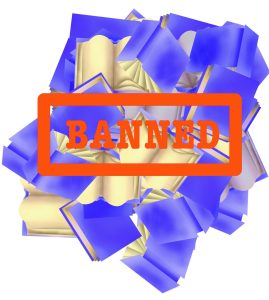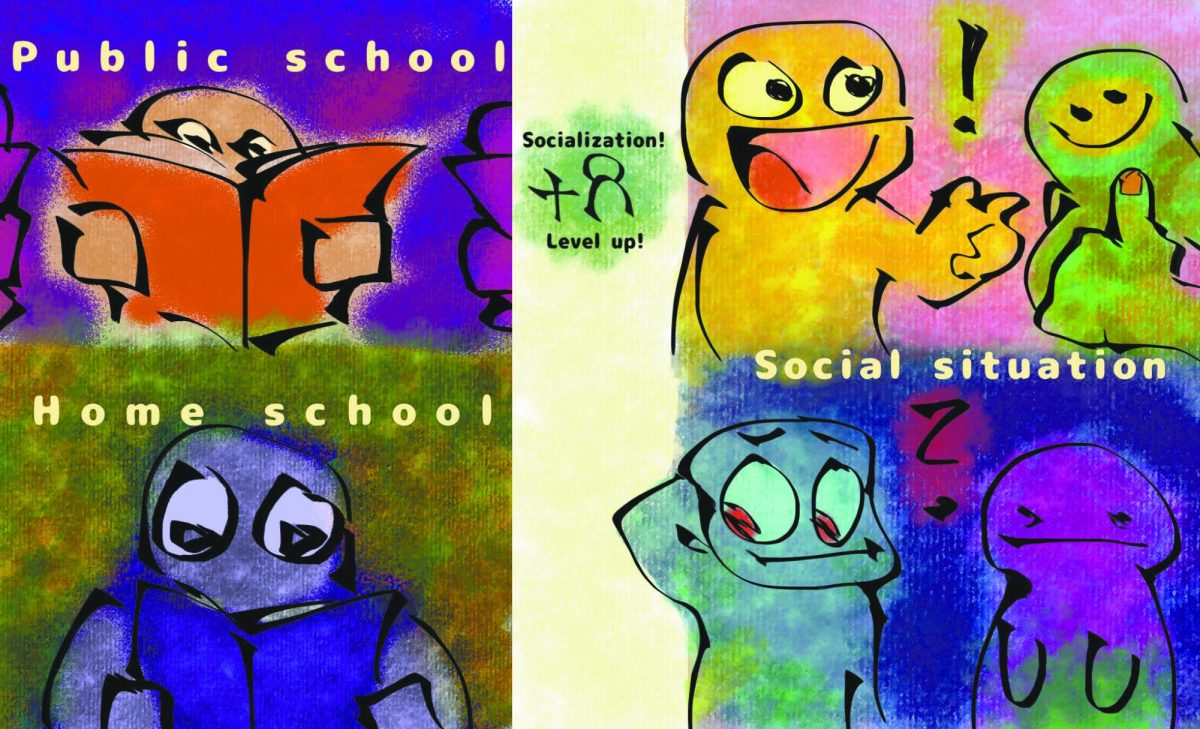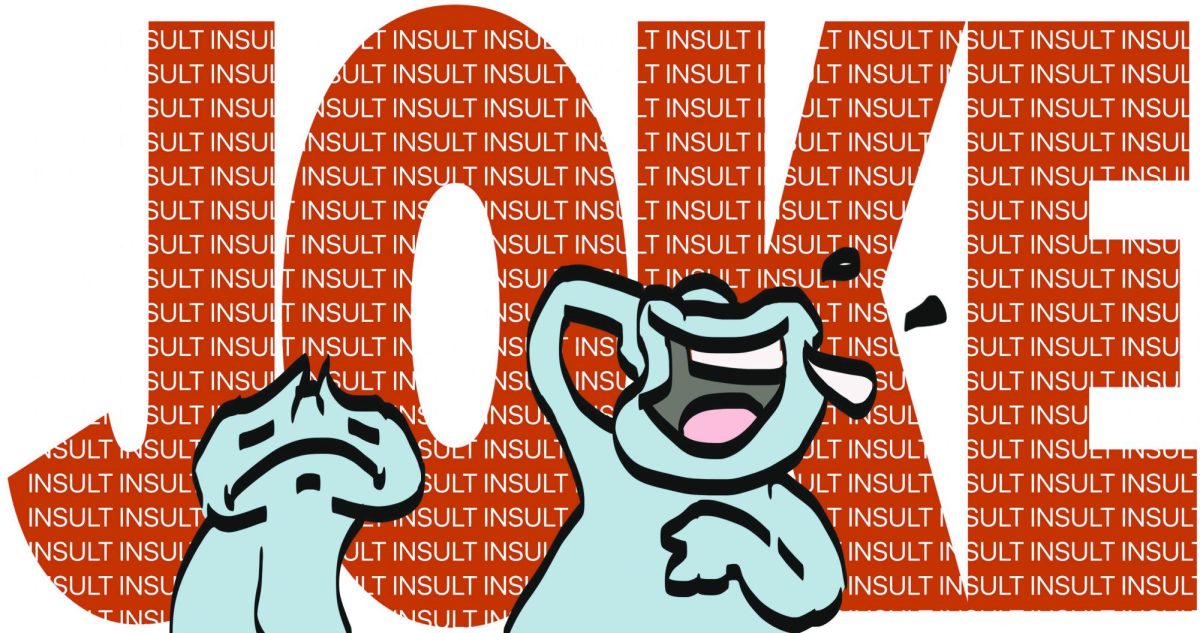 A book has representation of racial discrimination? Banned. A book brings awareness to sexual abuse? Banned.
A book has representation of racial discrimination? Banned. A book brings awareness to sexual abuse? Banned.
Book banning is not new. In fact, it actually spans back all the way back to the 17th century; more specifically, 1637. While some book banning is within reason, a majority of it isn’t. Book banning has gone too far.
Books like “Fifty Shades of Grey” by E. L. James is a case where the banning is justifiable and appropriate. This book contains very mature and sexually explicit scenes that shouldn’t be offered in school’s libraries. But, books having sexual content isn’t always a justifiable reason to be banned. “I Know Why the Caged Bird Sings” by Maya Angelou tells the story of herself living in the South of the United States during the 1930s in which at the young age of seven, she is molested and forced to deal with the guilt and grievances it brings. In this case, this book does not speak about sexual content in a lustful and intimate way, but rather is brought up to tell Angelou’s story and bring awareness to sexual abuse in children. Taking books like these off the shelves not only takes away people’s voices, but it makes teenagers uneducated when it comes to topics like sexual abuse.
Many of these novels were also banned for portraying racial discrimination, but there’s a difference between promoting racism and showing the reality of racial discrimination. “To Kill a Mockingbird” by Harper Lee goes through the details of a trial in which an African American man is falsely accused of sexually assaulting a white woman. Racism in this case is not being promoted as a good thing, but is rather used to demonstrate how many African Americans were treated in the 1930s. It is important to remember history and reflect on it not shield teenagers from exposure to it.
“The Hate U Give” by Angie Thomas is about the story of a black 16 year old girl that feels out of place in her predominantly white school while living in a poor neighborhood. She goes on to witness a white police officer shoot and kill a Black teenage boy after pulling him over. This story shows harsh realities of socioeconomically disadvantaged living areas and highlights gang violence and drug usage. In 2018, Katy Independent School District, located in Texas, banned the book because it is “pervasively vulgar.” The book does mention some sexual content, but it doesn’t detail any specific scenes. An underlying reasoning behind this book being banned may be deeper rooted than a few risky sexual conversations. Rather, it may be the fact that this book shines light on police brutality and the oppression that many Black Americans are facing. Ripping a book off the shelves doesn’t solve these problems, it just hides them and makes learning about these issues less accessible to teens.
The continuity of banned books does more harm than good. Adolescents in the school districts that the books are being banned in will be less informed on many social issues that America and the world faces. Teenagers need to be taught the harms of sexual abuse instead of being shielded them from it. They need to be taught about how racism did and still is impacting our society. Censoring “inappropriate” content creates uneducated future adults.
If a school has deemed a book to be inappropriate due to sexually explicit and intimate content, they could simply just not offer the book to begin with. Doing research before sticking a book on shelves is important and much more effective than banning it. Additionally, certain books with mature content could just be available to check out for upperclassmen only. There is a big maturity difference between a 14 year old freshman and an 18 year old senior. Making certain books only available to those older teenagers is a way easier solution than just straight up banning a book. Students could also need parental consent before checking out one of those mature books. All those acts are more simple solutions than completely banning a book off shelves. We believe that book banning occurs way too often and should be brought to a halt. Censorship in schools has become very overbearing, and unfortunately, some schools aren’t considering the harm banning those books is doing to students.




